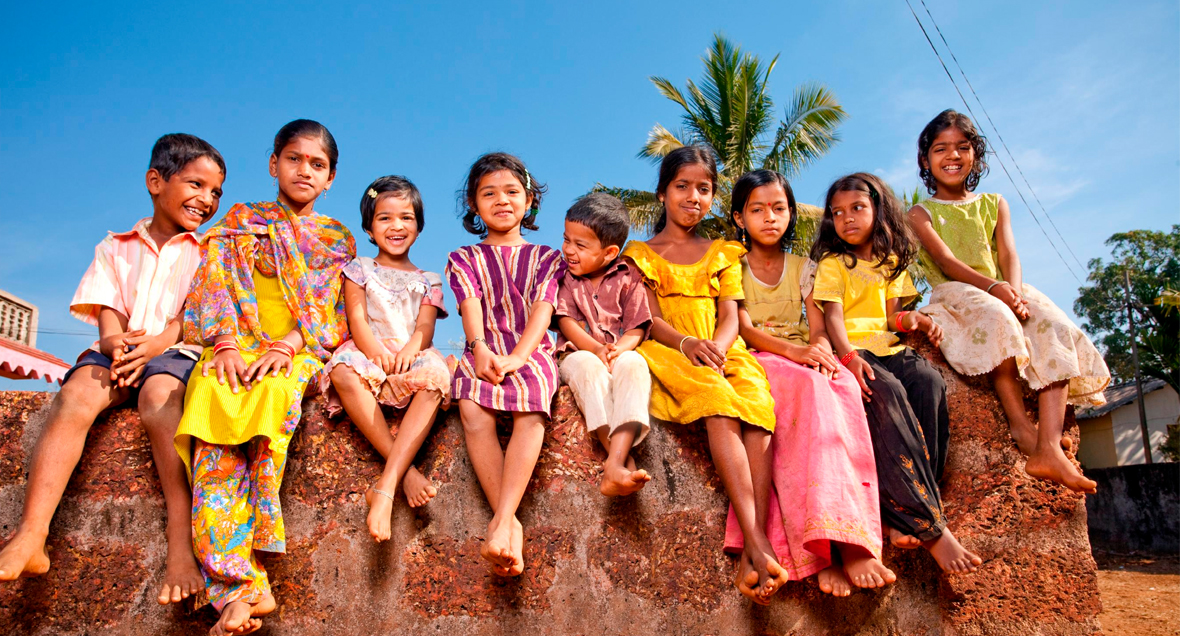‘Tall, dark and handsome’, ‘dusky beauty’, are popular phrases for describing good-looking men and women. But are they really? Do we really believe dark skin is ‘as appealing as’ light skin?
Or is it just the political correctness of these phrases that has helped them survive in a colour-conscious society like ours? Are we evolved enough to look for beauty beyond the colour of the skin? Or are we caught up in the web of fairness products, trying desperately to lighten our own skin? Indian girls are often discouraged from playing outside in the sun for the fear of tanning. Parents want fair children. Children are surprisingly conscious of their skin colour. Matrimonial ads demonstrate our collective fascination for light skin. Men, in particular, blatantly seek out fair brides. Fairness creams sell effortlessly in our country. The burden of having dark skin is a pressure many of us have to go through.
Do the above statements qualify as concerns of a society? Are these the proverbial ills of a society? If we look closer, these are merely the symptoms of the ills – the ills of discrimination and prejudice. But where do they emerge from? ‘Colonial hangover’ is what often explains this attitude. But anthropologists point out deep-seated insecurity, a lack of conviction and a weak sense of identity lie at the core of this issue.
Unfortunately, colour bias transcends cultural and geographical markers like nationality, ethnicity, traditions, community, caste or race. The need to feel adequate on account of being light-skinned is a universal truth of our culture that stands unabashed. What’s worse is the prejudice that exists with a dichotomy of its own –those who feel superior for being fair. And those who are chagrined at their dark skin. Having seeped deep into the psyche of our society, colour bias affects predominant attitudes, behavior patterns and social norms.
Often times, it is assumed that the easy solution is the right solution. Fairness creams inundating the market are pronounced guilty. While that may most obviously be the case, the question we need to ask ourselves is if that’s where the buck stops. Would fairness products thrive without being supported by a society’s obsession with flaunting fair skin? What begs to be addressed here is the cultural conditioning that somehow implies that having light skin compensates for what one may lack. Needless to say, the endorsement of fairness products needs to be discouraged. But isn’t the goal here to encourage and initiate a cultural shift? After all, each of us including those who promote these products are cut from the same cloth.
Ultimately, if our present and future generations have to flourish amidst a genuinely rich value system that guarantees Equality for All, unscathed by discrimination, the onus is on us to rise above the mire of black and white.
Image Rights & Credits courtesy : Online Masala
Nandita Das on the ‘Dark is Beautiful Campaign‘



Join the Conversation
No comments yet.